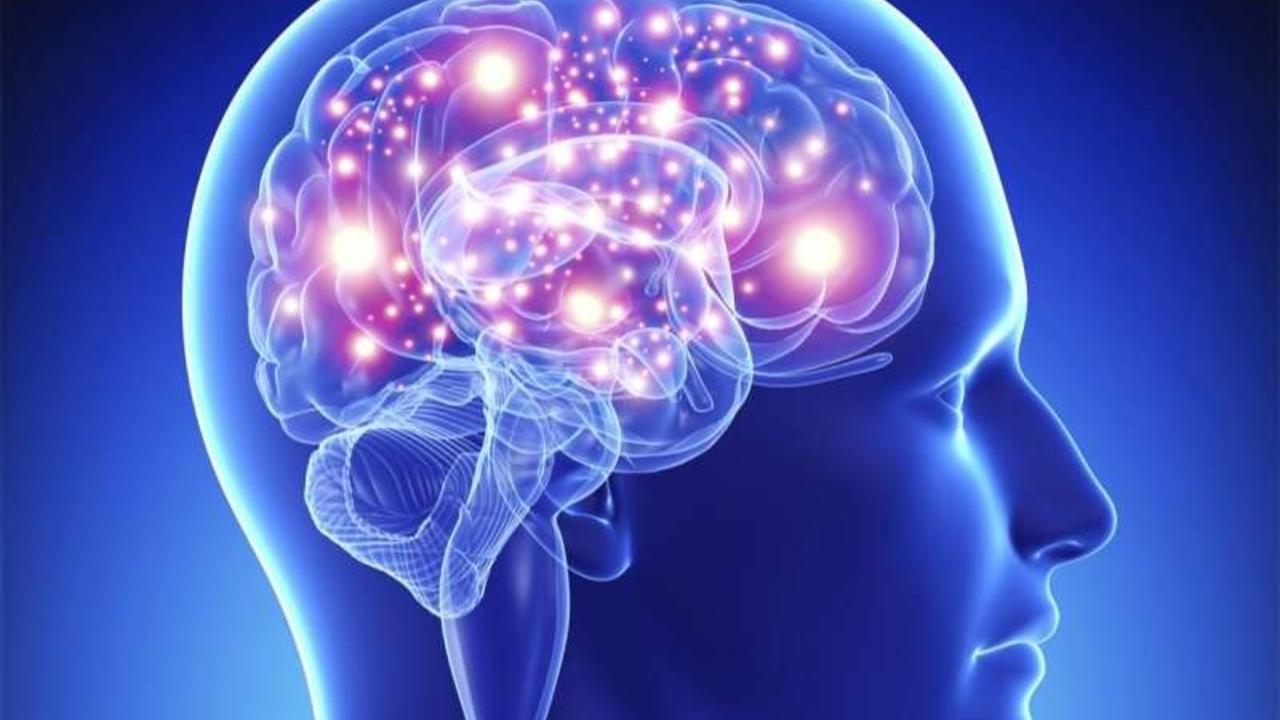
Meditation and Your Brain
May 19, 2019The brain is a rather complex organ that performs critical tasks to support our survival, mental health, emotional stability, cognitive function, memory, and central nervous system communications. Its optimal performance can dramatically improve your quality of life on many levels.
Meditation and its effect on brain activity and the central nervous system became a focus of collaborative research in neuroscience, psychology and neurobiology during the latter half of the 20th century. This research has been rolling in steadily for a number of years now.
Meditation helps preserve the brains ageing process
Meditators were found to have an increase in grey matter volume. This is an area in the hippocampus, responsible for learning, memory, spatial orientation, and the efficient processing of information. This area is known to reduce with age, however amongst frequent long term mediators, in comparison to short term meditators, the volume loss was significantly reduced.
Meditation reduces egocentric “me” activity
This “me’ part of the brain is where self –referential and mind wandering thoughts occur, it is also known as the monkey mind. This region of the brain is often responsible for thoughts associated with stress and negativity. It wanders out of the present moment, worrying about the past and future. It is typically associated with being unhappy, and so it does serve to wind it down.
Another reference here that is worth a mention is the reduction of grey matter in the amygdala area of the brain. The amygdala initiates the brain processes responsible for fear, anger and anxiety.
Yes that’s right, the physical structure of the brain literally changes! And powerful transformation occurs when this region of the brain is literally shrunk.
Improves concentration, focus and memory
Meditation is like mental fitness and a central benefit of mediation is improved concentration, attention and focus. There are many different meditation techniques and often they will include a point of focus, such as on our breathing. This practice is like a gym work out for the brain. It strengthens the ‘brain muscle’ associated with focus and concentration.
The benefits very quickly become more readily available outside of meditation helping to improve cognitive skills, and focus on the job, too. It was found that just a few sessions of mediation improved people’s focus and memory.
Backed by 1000’s of studies, meditation is the neuroscientific community’s most proven way to upgrade the human brain. Scientists agree that meditation is the number one brain changer as it enhances many of the key regions of the brain, creating massive life transforming implications.
In the brain meditation practice seems to have an amazing variety of neurological benefits – including improved processing of information, reduced activity in the egocentric “me” centre, and enhanced connectivity between brain regions.
In life the results are, less stress, more happiness, better sleep, lower anxiety, better memory, focus and concentration, higher IQ and EQ just to name a few.
Resources:
https://eocinstitute.org/meditation/
https://www.monroeinstitute.org/article/3146
https://www.forbes.com/sites/alicegwalton/2015/02/09/7-ways-meditation-can-actually-change-the-brain/#a472c4614658





